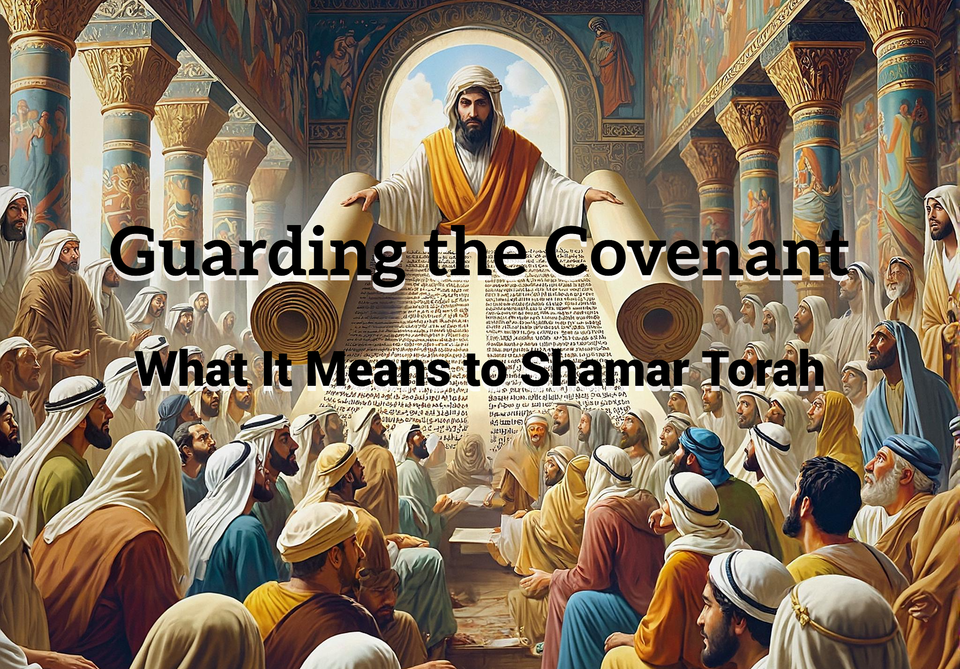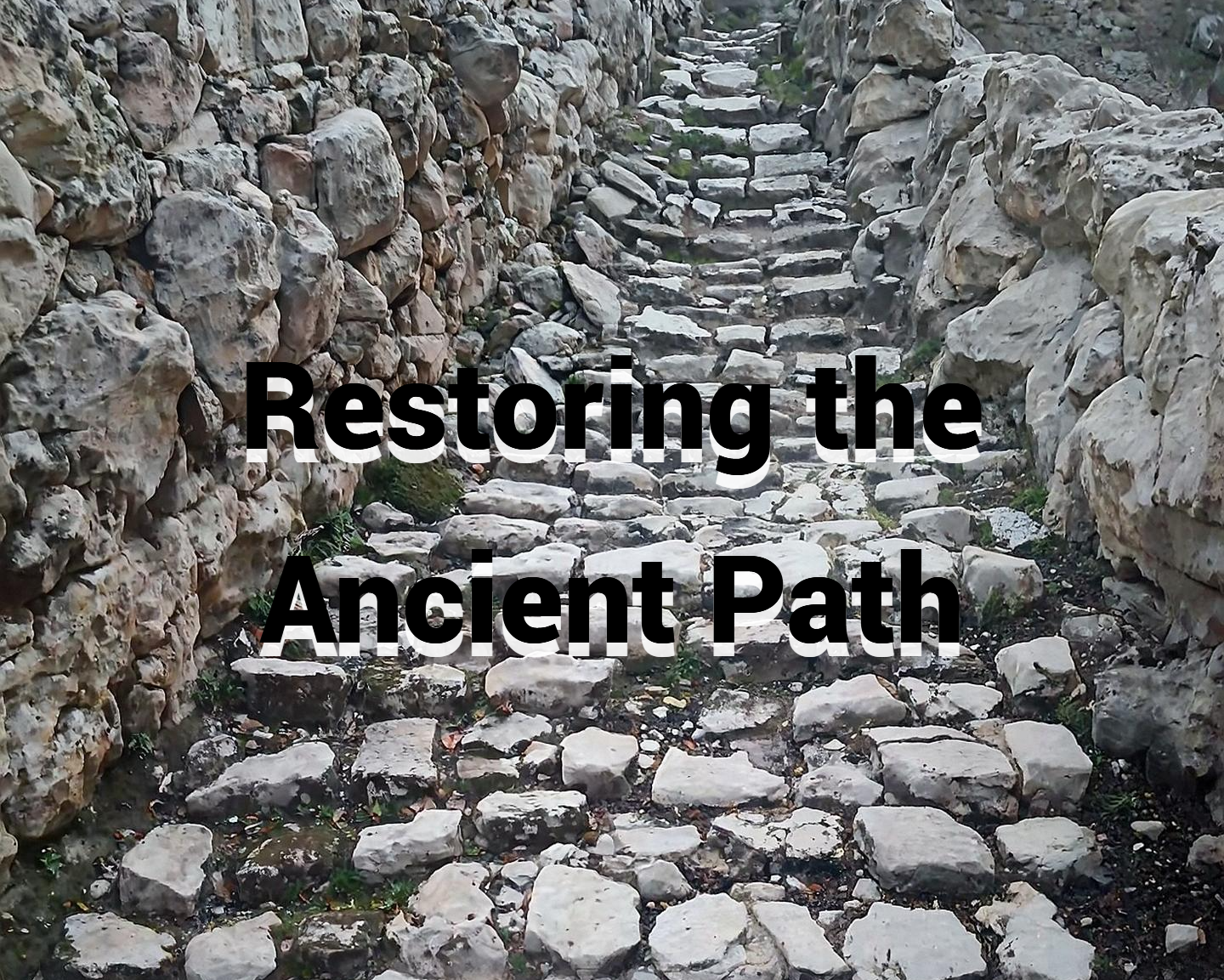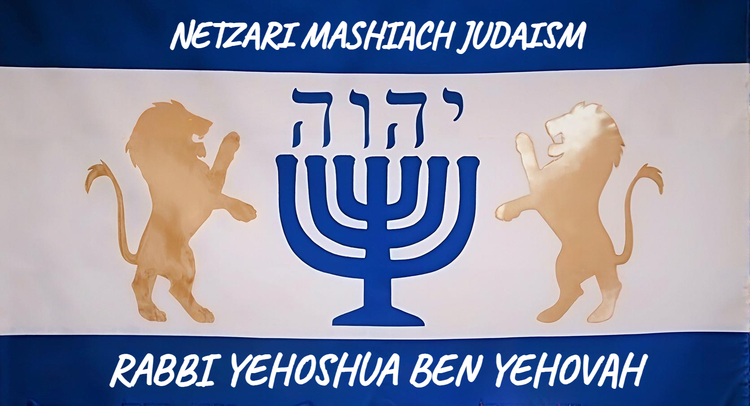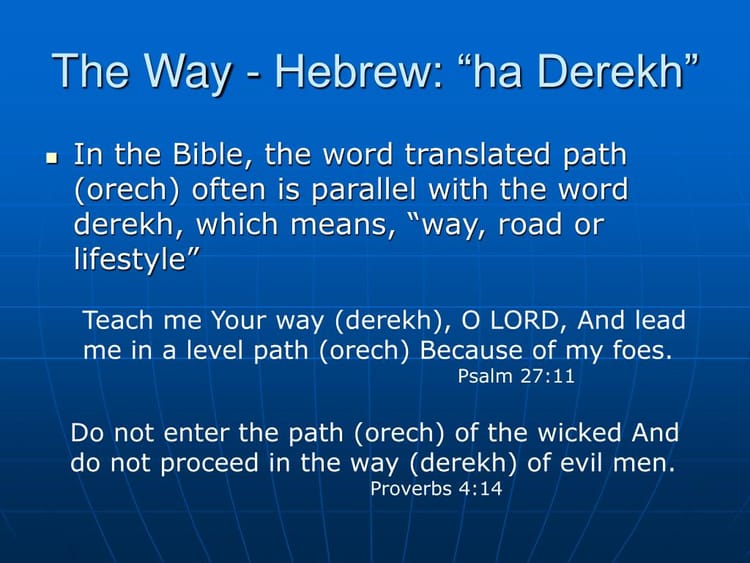Guarding the Covenant

Many profess faith in Y’hoshua HaMashiach yet live without understanding what it truly means to guard the covenant. Modern faith often begins and ends at “salvation,” leaving little room for the ongoing walk of talmidut that HaMashiach commanded (Mattityahu [Matthew] 28:19). To be born again is not the finish line—it is the beginning of a lifelong covenant journey, one that requires shamar—to keep, watch over, and guard with devotion.
What it means to Shamar TORAH
From the beginning, Y’hovah’s covenant with His people has always been guarded by those who love Him. In Berĕshith [Genesis] 2:15, Adam was placed in Gan-Eden “to work it and to guard it.” That same word, shamar, defines our covenant relationship with Avinu Elohei—watchfulness, responsibility, and loving obedience. When Adam failed to shamar, access to the Tree of Life was lost; but through Y’hoshua HaMashiach, the path back to that life is reopened to those who once again learn to guard His Word.
True discipleship, therefore, is not passive belief but active covenant faithfulness. Y’hoshua taught His talmidim not merely to hear His words but to do them (Lukas [Luke] 6:46–48). To shamar Torah is to live as He lived—to guard the instructions of Y’hovah with joy, reverence, and endurance. It is through this daily guarding that the covenant remains alive in us, transforming our hearts into the living tablets of His Torah (Yirmeyahu [Jeremiah] 31:33).
The Meaning of Shamar in Covenant Context
The Hebrew word shamar (שָׁמַר) carries a depth of meaning often lost in translation. It means more than “keep”—it means to hedge about, protect, attend to, preserve, and treasure. It is the language of covenant love. When Y’hovah commands His people to shamar His mitzvot, He is inviting us into an active, relational guardianship—one that requires faithfulness from the heart.
Moshe reminded Yisrael:
“So now, Yisra’el, listen to the laws and rulings I am teaching you, in order to follow them, so that you will live... Do not add to what I am saying, and do not subtract from it, but keep (shamar) the mitzvot of Y’hovah your Elohim.”
— Devarim [Deuteronomy] 4:1–2
To shamar Torah, therefore, is to safeguard Y’hovah’s Word from distortion—refusing to add human traditions or remove divine commandments. It is the very opposite of the lawlessness (torahlessness) that defines much of today’s religious culture.
Those who genuinely love Y’hovah express that love by guarding His instructions:
“If you love Me, you will keep (shamar) My commands.” — Yochanan [John] 14:15
This guarding is not burdensome, but freeing—it anchors us in truth and keeps us close to His heart.
Guarding the Covenant Through Relationship
The covenant was never about rules without relationship; it was about relationship defined by holy boundaries. Just as a husband and wife guard their vows through faithfulness, so do Y’hovah’s people guard their covenant through obedience. To shamar Torah is to guard intimacy with our Creator.
Y’hoshua lived this perfectly. He said,
“I have guarded (shamar) them by the power of Your Name which You gave Me; yes, I kept watch, and not one of them was lost...” — Yochanan [John] 17:12
HaMashiach Himself modeled shamar—He guarded the Word, the covenant, and His talmidim. As His followers, we are called to the same: to guard His teachings, His Name, and the sacred relationship that binds us to Avinu Elohei.
When we neglect this calling, faith turns into a cultural label and a religion, rather than a covenant lifestyle. Church traditions may speak of “grace,” yet without shamar, grace becomes a license to sin. Y’hoshua did not free us from Torah; He restored us to it—writing it upon our hearts so that we might walk in it with joy and sin not against Avinu Elohei.
Shamar and Talmidut — The Restoration of Discipleship
At the heart of Netzari Mashiach Judaism is restoration through discipleship. To shamar Torah is to live as a talmid—a disciple who guards the covenant not through fear, but through love and reverence. The early talmidim of Y’hoshua were known as followers of “The Way” (HaDerekh), because they walked the guarded path of Torah obedience that leads to the Tree of Life.
Modern religion often focuses on being “saved,” yet neglects talmidut. Salvation is the doorway—but shamar is how we remain within the covenant home. Our Rabbi said,
“If you continue in My Word, then you are truly My disciples.” — Yochanan [John] 8:31
Continuing in His Word—guarding it—is the essence of discipleship. Every day is an act of covenant guarding: watching over our walk (halakhah), our words, our relationships, and our worship, ensuring they align with His Torah and His 'WAY' (derek).

Y’hovah has always called His people to restoration through shamar. The prophet Yirmeyahu wrote,
“Stand at the crossroads and look; ask about the ancient paths, ‘Which one is the good way?’ Take it, and you will find rest for your souls.” — Yirmeyahu [Jeremiah] 6:16
That ancient path is The Way—the covenant walk guarded by Torah and illuminated by the life of HaMashiach. To shamar Torah is to return to that path, to guard the covenant as the treasured gift it is. It is the daily act of standing watch over what is holy, ensuring that our lives reflect the faithfulness of our Redeemer.
When Y’hoshua returns, He will not seek those who merely believed, but those who guarded:
“Here is the endurance of the set-apart ones—those who guard (shamar) the commands of Elohim and hold fast to the faith of Y’hoshua.” — Hitgalut [Revelation] 14:12
Conclusion: The Covenant Life
To shamar Torah is to live the covenant life—faithful, alert, devoted, and obedient. It is the heartbeat of true discipleship, the sign of a people restored to their purpose. As Y’hoshua said, “Blessed are those who hear the Word of Elohim and guard (shamar) it” (Lukas 11:28).
Guarding is not bondage—it is belonging. It is the proof of love, the seal of faithfulness, and the way back to the Tree of Life.
By Rabbi Francisco Arbas
📧 franciscoarbas.yisrael@gmail.com
Following His ‘WAY’ — Netzari Mashiach Judaism



Comments ()